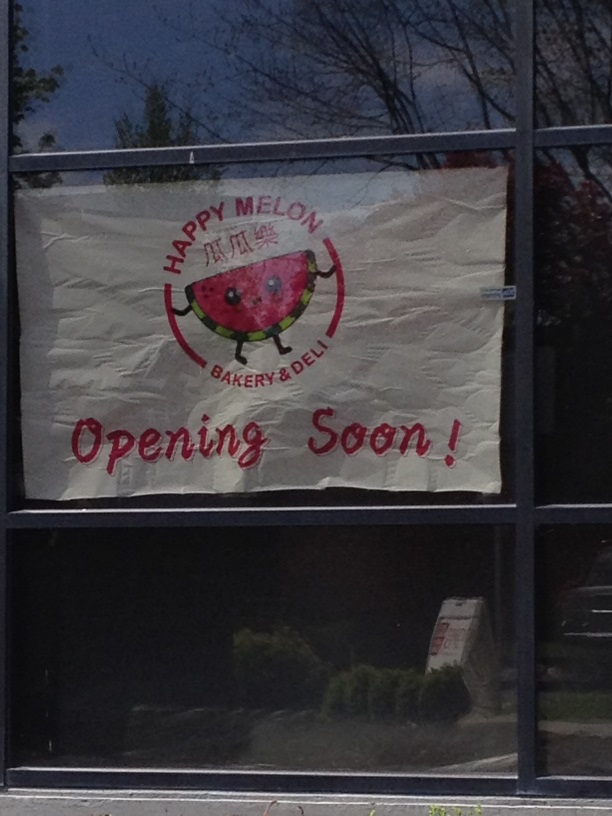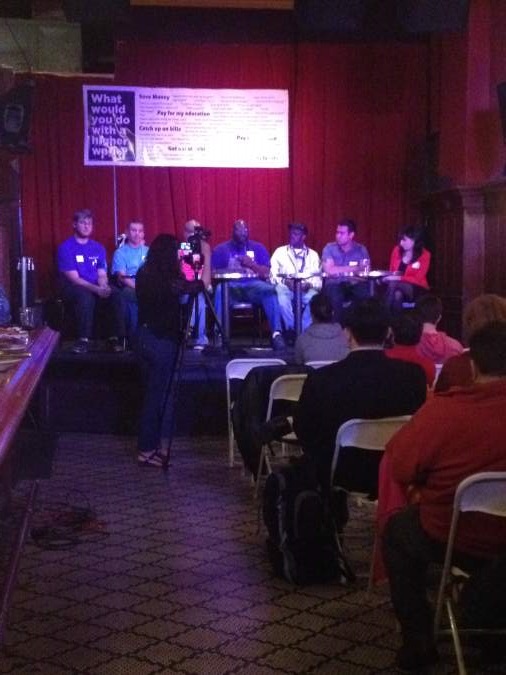The editor of a recently published volume of essays examining food from a philosophical perspective says that entrants in a New York Times contest, asked to explain why meat-eating is ethical, face “an uphill battle.”
“My wife says ‘How can you eat a hamburger when you know what you know?’,” says David Kaplan, a philosophy professor at the University of North Texas and editor of The Philosophy of Food. “I say ‘Because it tastes really good.’ Her question is better than my answer. It’s possibly indefensible.”
The Times has asked readers with carnivorous streaks to submit, by April 8, 600-word essays defending the practice of eating meat on moral grounds. As the contest’s rules make clear, the “murderer’s row of judges”—four white men who’ve thought long and hard about dietary choices, and are outspoken vegetable advocates—aren’t interested in arguments that pivot on the humane treatment of animals before they’re slaughtered. They’re trying to determine “whether it is right to eat animals in the first place, at least when human survival is not at stake.”
Beef Daily, the online offshoot of the nation’s leading cattle magazine, is recommending that its readers base their essays on the sanctity and fragility of the American family farm. “Food doesn’t come from a grocery store; it comes from people who care,” contributor Amanda Radke wrote in a post outlining how ranchers might structure their submissions.
However, argues Kaplan, “I don’t have a moral obligation to support any particular economic activity. I could make the same case about cocaine farms or wagon-wheel manufacturers.”
An essay writer could resort to Kaplan’s “It tastes really good” defense, which is properly termed an aesthetic argument. According to this line of reasoning, a person’s horizons are broadened by omnivorousness: Meat-eating makes for better citizens. But, says Kaplan, “My horizons can be broadened in all kinds of ways.”
Another common argument is that people eat meat because they’ve always eaten meat. “That’s a pretty weak one—that we’re designed to eat meat because of our teeth,” Kaplan says. “This accident of evolution makes no moral claim. The fact I’ve evolved just means I’m capable of doing something. I have opposable thumbs, so I can now strangle a human neck.”
That said, Kaplan thinks an essayist might have some luck with the contention that eating meat is a way of indulging in life. “Culture, manners, tradition—these are probably better arguments,” he says. “The religious, spiritual dimension isn’t bad either.
“What’s interesting about this challenge is there are 100 reasons you can give not to eat animals,” he adds. “It really makes us reflect on our ethical commitments, and I think anything that helps people to think more critically about what we eat, it’s good for all of us.”








